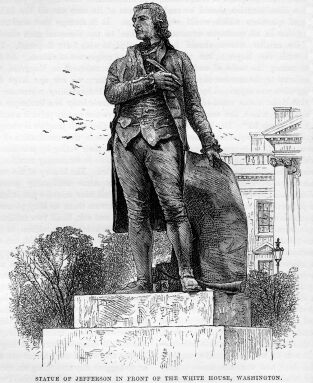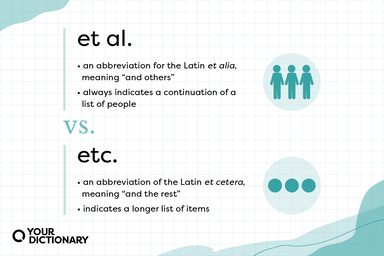The doctrine of the circulation of the blood, which Descartes adopted from Harvey, supplied additional arguments in favour of his mechanical theory, and he probably did much to popularize the discovery.
Harvey in that remarkable work 1 which would give him a claim to rank among the founders of biological science, even had he not been the discoverer of the circulation of the blood.
The weight of Malpighi's observations therefore fell into the scale of that doctrine which Harvey terms metamorphosis, in contradistinction to epigenesis.
In fact, while holding firmly by the former, Bonnet more or less modified the latter in his later writings, and, at length, he admits that a " germ " need not be an actual miniature of the organism, hut that it may be merely an " original preformation " capable of producing the latter.4 But, thus defined, the germ is neither more nor less than the "particula genitalis" of Aristotle, or the "primordium vegetale" or " ovum " of Harvey; and the " evolution " of such a germ would not be distinguishable from " epigenesis."
In a well-known note to Charles Leopold Laurillard's Eloge, prefixed to the last edition of the Ossemens fossiles, the " radical de l'etre " is much the same thing as Aristotle's " particula genitalis " and Harvey's " ovum."





